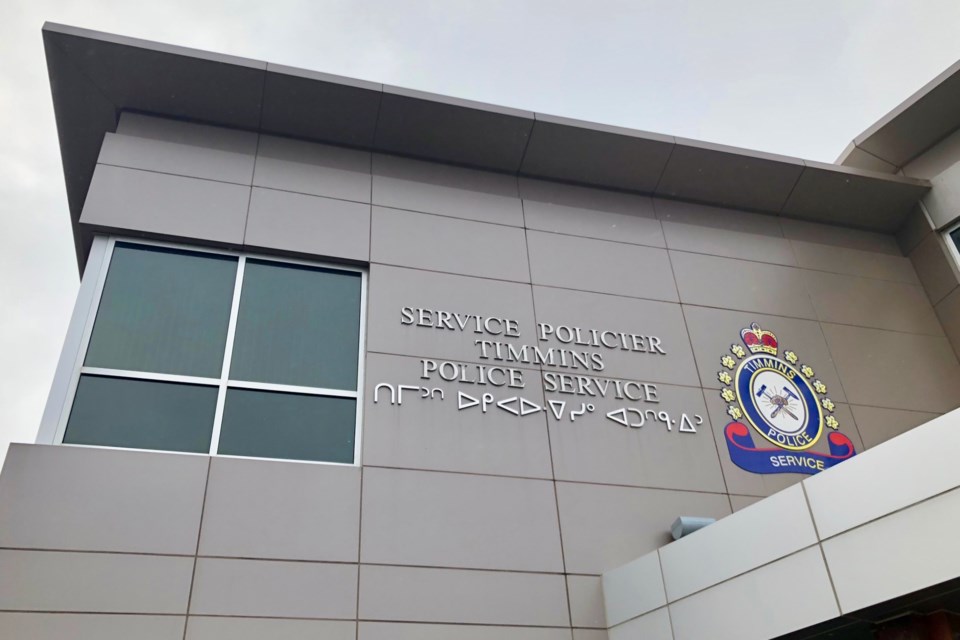A new Timmins Police program is looking to connect people with addiction to treatment programs, according to Insp. Darren Dinel.
Dinel said two officers have been selected for the program, which is just getting off the ground. The main purpose, he said, is to "go out and speak with the people that need to be connected with resources."
The new program is one of the items Dinel talked about today during a roundtable discussion about keeping the business community safe held by the Timmins Chamber of Commerce.
For the new program, he said the officers will walk the street in the downtown core and "hotspot problem areas for drug consumption."
“And they’re ultimately going to be plucking people off the street, engaging them, seeing if they’re viable candidates for treatment programs. We try to connect them directly with treatment programs in order to kind of resolve that problem so they’re not in our justice system or they’re not causing any other problems throughout our downtown core,” he said.
He explained the officers will work seven days a week, 365 days a year, for 11- to 12-hour shifts. They'll augment the existing street outreach and community safety officers.
The street outreach initiative was launched in 2019. Dinel said they have typically been dealing with the calls the new program is focused on.
After the new program launches, he said the street outreach and community safety officers will strictly do property crimes, break enter, theft, or thefts from vehicles wherever the problems arise in the community.
Timmins Police also has a Mobile Crisis Rapid Response Team that officially hit the streets in September 2019. It pairs Timmins Police officers with mental health staff from Timmins and District Hospital to respond to calls.
The types of calls include suicide attempts or threats of suicide, overdose-related calls, mental health calls, patients with Alzheimers or dementia, children having difficulty coping with certain things, well-being checks, and mental health act calls.
Dinel said the workers are available 11 a.m. to 10:30 p.m. To decide the most appropriate hours for the teams to work, Dinel said the service did an analysis of when mental health calls were received.



